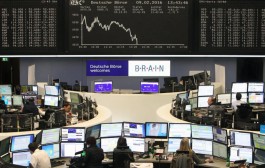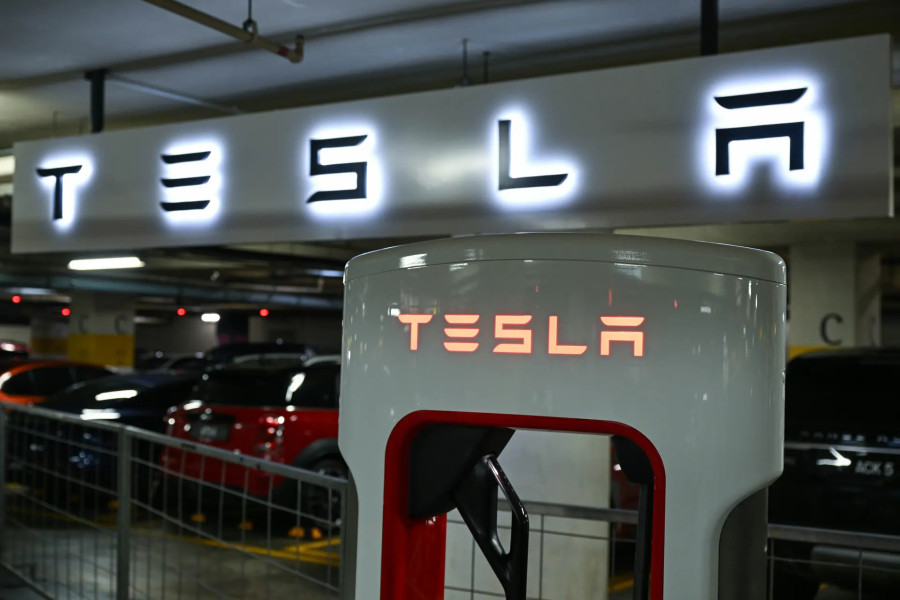Tesla shares are on the verge of losing nearly a fifth of their market value in less than two weeks, amid growing concerns that demand for electric vehicles is starting to decline.
The heavy selling in the company's shares began earlier this month, when the electric vehicle giant lowered its growth forecasts during the third quarter earnings conference. This was followed by pessimistic statements from a number of global auto manufacturers, as well as Wall Street analysts. This week, battery maker Panasonic and chip maker On Semiconductor sent warning signals to the electric vehicle sector.
The warnings cast a shadow over stocks in the US auto sector, which is also engaged in expanded negotiations with labor unions over wages. Tesla's decline, though, was the highlight; Shares have fallen about 20% since earnings were announced on October 18, compared to the S&P 500's decline of 3.6% and the Nasdaq 100's decline of 4%. The decline in the electric vehicle maker's stock caused the company to lose approximately $145 billion in market value.
Tesla faces big risks
“The crux of the problem is that a capital-intensive sector is investing in electric vehicle strategies that haven’t panned out in a world of rising costs, falling prices, and rising interest rates,” Adam Jonas, an analyst at Morgan Stanley, wrote in a note examining the broad decline in the sector, issued Tuesday. And demand declined. It seems that what investors have noticed in the current period is that the idea of investing billions of dollars in electric vehicles may lead to the erosion of value, instead of gradually increasing it.
Tesla's problems make BYD shares more attractive
The outlook for the automotive sector in general is pessimistic, as high interest rates have led to a significant increase in the cost of purchasing a car, and coupled with the high inflation rate, consumers’ ability to bear the cost of large purchases has declined. Electric vehicles were the first to be affected, although they are a relatively new technology that lacks an advanced charging system.
As an electric-only vehicle company with a huge valuation, the risks Tesla faces are significant. While some of its high stock price reflects its ability to develop self-driving cars, much of it depends on the company's ability to maintain its current dominant position in the electric vehicle sector and its profits.
With the decline in demand for electric vehicles, and the significant price cuts made by Tesla, it seems that it is losing its ability to increase demand further, and investors began to worry, which was reflected in the significant decline in the stock price.







































